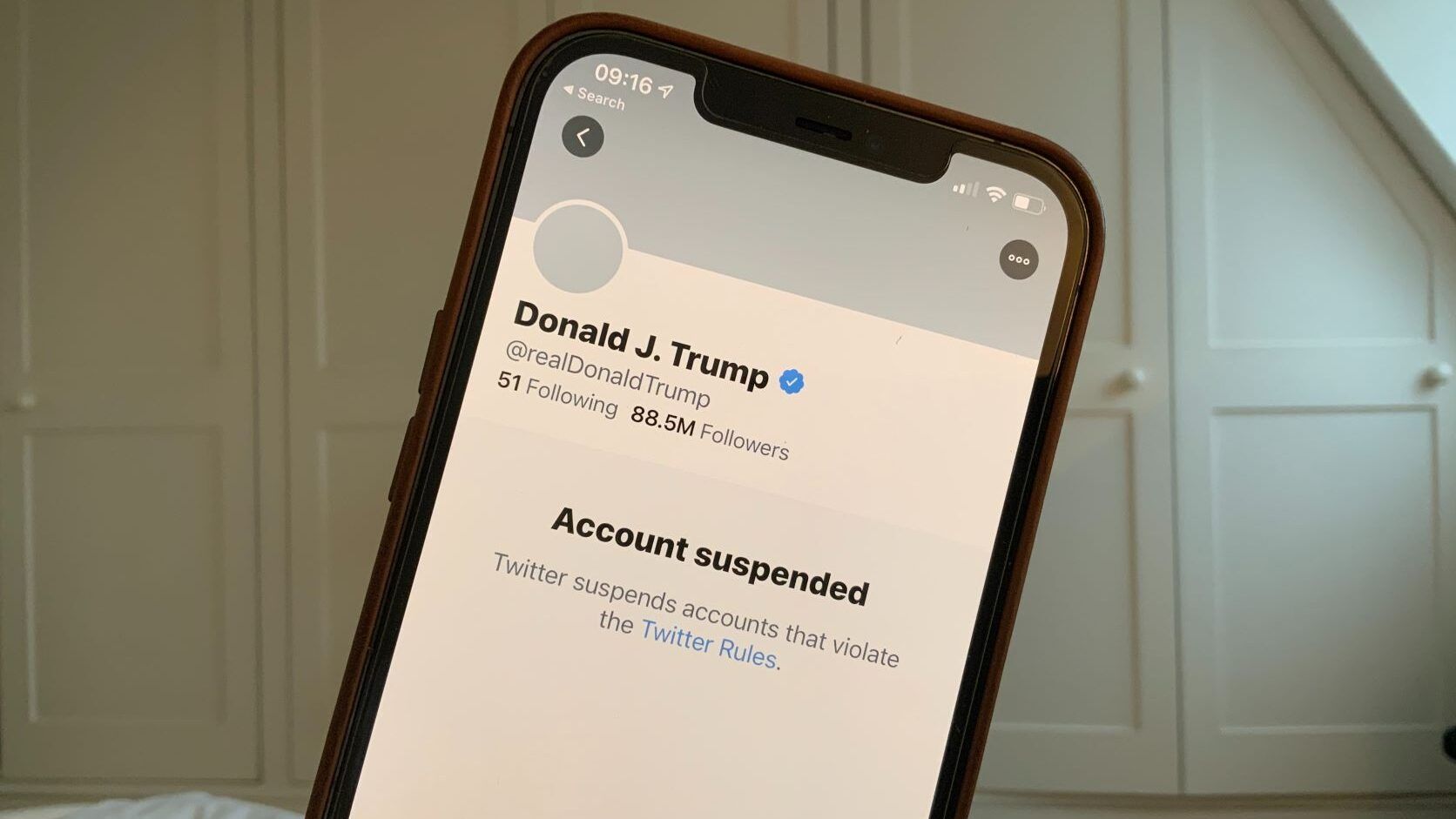
On July 7, Donald Trump announced he would be suing Facebook, Twitter, and Google, naming the CEOs of each company as plaintiffs in the case. The origins of the lawsuit are known to many—in the wake of the January 6 insurrection at the Capitol, each company barred Trump from posting on their platforms, citing the risk he may incite more violence.
The thrust of the Trump’s lawsuit claims all three companies violated his First Amendment rights by banning him from posting (speaking) on the platforms, making their actions illegal and unconstitutional.
In an op-ed posted in the Wall Street Journal, Trump argues that “social media has become as central to free speech as town meeting halls [sic], newspapers and television networks were in prior generations. The internet is the new public square. In recent years, however, Big Tech platforms have become increasingly brazen and shameless in censoring and discriminating against ideas, information and people on social media—banning users, de-platforming organizations, and aggressively blocking the free flow of information on which our democracy depends.”
By removing his accounts and his ability to post, Trump argues that Google, Facebook, and Twitter were also infringing upon his right to speak freely.
A Look at Both Sides of the Argument
Many legal experts were quick to question the veracity of Trump’s lawsuit. The most commonly cited issue had to do with involving the First Amendment, which regulates how the U.S. government can deal with free speech. The problem with Trump’s lawsuit is that private companies are not government entities and they too have First Amendment rights, which allows them to run their platforms and their businesses according to internal policies. The Constitution does not determine how private companies should or should not regulate free speech.
In order for Trump’s argument to work, Facebook, Google, and Twitter would need to be established in some way as state actors, an argument that has been attempted before in the courts to no avail. Florida’s governor Ron DeSantis recently proposed a law disallowing social media platforms from banning conservative politicians and media, but a federal judge—Robert Hinkle—blocked its passage for violating private companies’ First Amendment rights (and also for violating Section 230 of the Communications Decency Act, which we will touch on below).
The attempted workaround in Trump’s case is an argument that the federal government and Democratic lawmakers are actively colluding with Facebook, Google, and Twitter on censoring and other types of content messaging, such as removing misinformation on vaccines, promoting verified information about Covid-19 prevention and treatment, and limiting content referring to Covid-19 as the “China virus.” Since the federal government is coercing these private companies to take certain actions, the private companies are de facto state actors, the argument goes.
An extension of the state actor argument involves Section 230 of the 1996 Communications Decency Act. Trump’s lawyers may argue that since the government granted technology and social media companies immunity from legal liability for posts made on their platforms, and since the government is allegedly choosing censorship targets, the companies must be considered state actors.
The lawsuit seeks for the court to award punitive damages to the former president (and other participants in the class action), restore his social media accounts, and to throw out Section 230 of the Communications Decency Act. But establishing technology companies as state actors—and also asking the court to overturn a law, which could be accomplished by Congress and could have been pursued while Trump was president—will prove extremely difficult, and may not even be robust enough to be heard by a court.
What Happens from Here
The Knight First Amendment Institute at Columbia University called Trump’s lawsuits a “stunt,” and the former president and his legal team are likely well aware of the longshot chances of winning the case. With the Trump Organization and its CFO indicted on tax fraud charges, some analysts believe this Big Tech lawsuit (which is technically three filings) is meant to distract and create a media splash. Perhaps true to form, Trump immediately used the filings against Big Tech as a means to launch a fundraising campaign.
While the lawsuit against Big Tech will not likely to go very far, the former president may succeed in making the reforming of the 1996 Communications Decency Act a more center stage issue going forward. Both parties have complained about the scope of Section 230, and as we’ve written before, the desire to regulate Big Tech in some form is a bipartisan issue.







